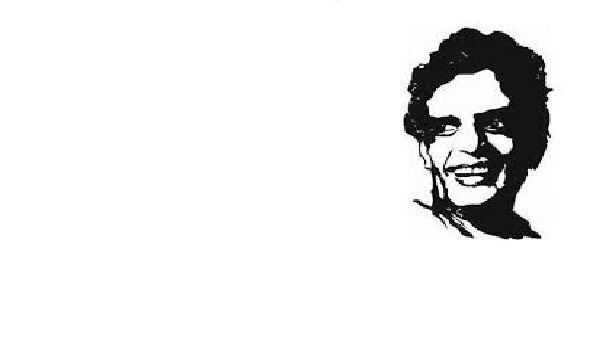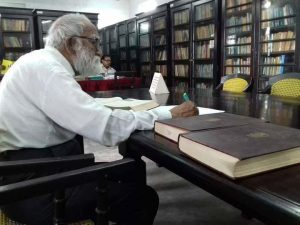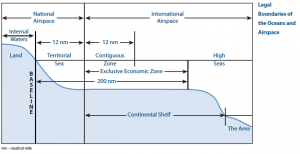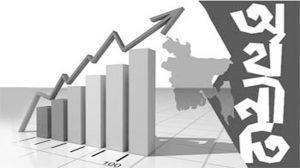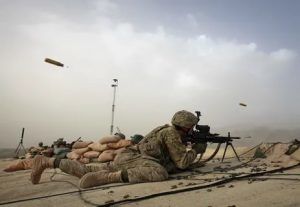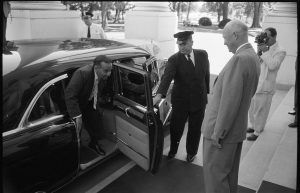We both were not acquainted with each other before. For the first time in Kolkata, I had an interaction with Ahmed Sofa in 1971, during the liberation war. I owned there a bitter memory with Sofa, which is still green in my mind.
I do not live in Dhaka, but for some years, in particular, I had to stay there once in my life. That time, A monthly magazine named “Samakal” was being published in Dhaka, and I was a contributor to that. Usually, through writing, I got introduced to the editor of “Samakal”, Shekandar Abu Zafar. Moreover, My relationship with Mr. Zafar was close enough in a way. Then eventually, I had to leave Dhaka forever, so I have no longer had any connection with the writers, literary figures, artists, and intellectuals based in Dhaka.
Particularly In 1971, I had to abandon Bangladesh as well for Kolkata during the liberation war. Kolkata was very much a way familiar city for me, and staying in Rajshahi was quite unsafe as my life was at stake there then. Reaching Kolkata, I got engaged with a weekly magazine named “Joy Bangla” published by Awami league. After some time being, Abdul Gaffar Chowdhury also joined that magazine, but he was not engaged from its inception period. In the mid of 1971, I got the news from my friend and poet Al Mahmud that Mr. Zafar also had arrived in Kolkata. I don’t know why he felt the urge to flee to Kolkata. As far as I knew, he ought to have warm relations with the pro-china leftists of Bangladesh, and in that war-time, these leftist groups had no life-risk in Dhaka. So, Mr. Zafar informed me that he had been appointed to publish a magazine named “Avizan” steered by Khandakar Mushtaq Ahmed and requested me to contribute there like before in Samakal. I consented to do so but got puzzled; why Mr. Mushtaq had chosen Mr. Zafar out of all. Because of that time of the war, the disunity between Mushtaq and Taz Uddin had its highest peak. On the other hand, Tajuddin had a great reverence for Mr. Zafar.
Over the war-time in Kolkata, Mr. Zafar was being quoted mostly on lips to lips: “Proyojon hole Debo, Ek Nodi Rokto (if it needs ever, we will shed the blood of a river)”
Ahmed Sofa
Someday, I went to Mr. Zafar’s staying place as well as Avizan’s office in Kolkata, and I saw Ahmed Sofa there. Mr. Zafar made me introduced to Mr. Sofa and praised Sofa as a young intellectual of Dhaka. He also said that though he would happen to be the editor of the Avizan, practically Sofa would lead that. I then threw the question to all about what would be the objectives of this publication. Mr. Zafar answered that Avizan’s only objective would be to contribute to the independence war. I suddenly said out doubtfully that there had been barely any need for it! India would be coming up itself to join this war, and we might no longer feel any necessity to fight further. Possibly, India would not want us to fight for as well because the Awami League being all alone, could have no longer control over this would-be-prolonged war; not even India could. So, the whole war could take an unassuming layout. Even It could put the east part of the Indian union in an uncertain future. For that, India was trying to intervene in this war to put an intersection.
But Mr. Sofa disagreed and opined that my commentary was utterly wrong. I also expressed my failure to agree with him, and reasserted my stance there. I told him also to rely on my commentary as it was based on information, not merely on any theory. But Sofa claimed that India would not dare to involve in this war, and mine was his opposite. Suddenly Sofa turned aggressive towards me physically, and out of seeing all things, Mr. Zafar got perplexed particularly.
Then I moved away from there. In the meantime of Avizan publishing two or three publications, the Ind-Pak war had broken out on 3rd December of that year. Finally, the war got its end in two weeks.
Eventually, I learned coming back in Dhaka that Sofa had taken a stance against Indian hegemony, and mine has had the same position. And this common position had brought us much closer than before. But I never wanted to meet him again. Ahmad Sofa, this eminent intellectual, had left the world. Perceiving all the discussions on Sofa made me driven to say my mind about this dual-memory of 1971.
This translated article is a memoir-based attempt on Ahmed Sofa, first published here.
